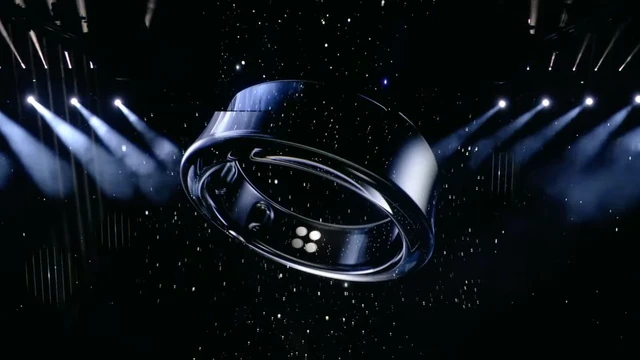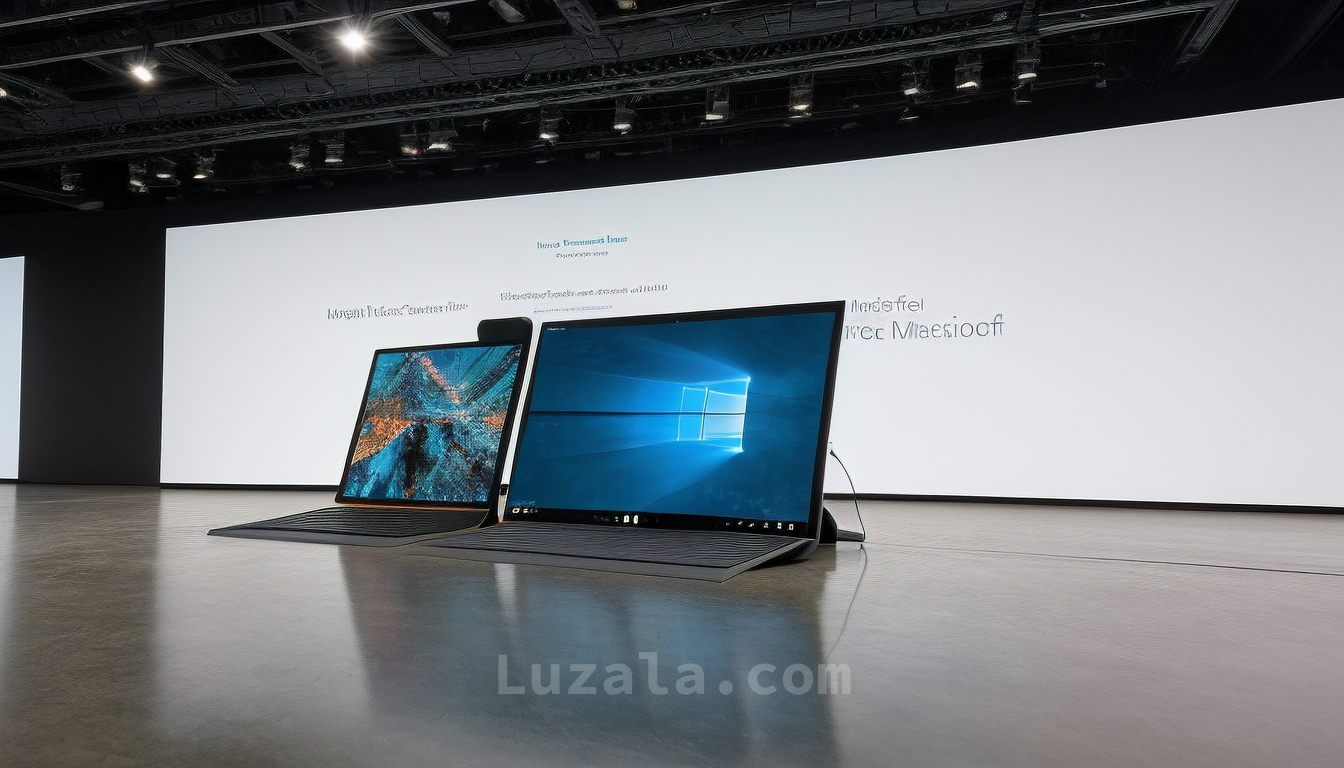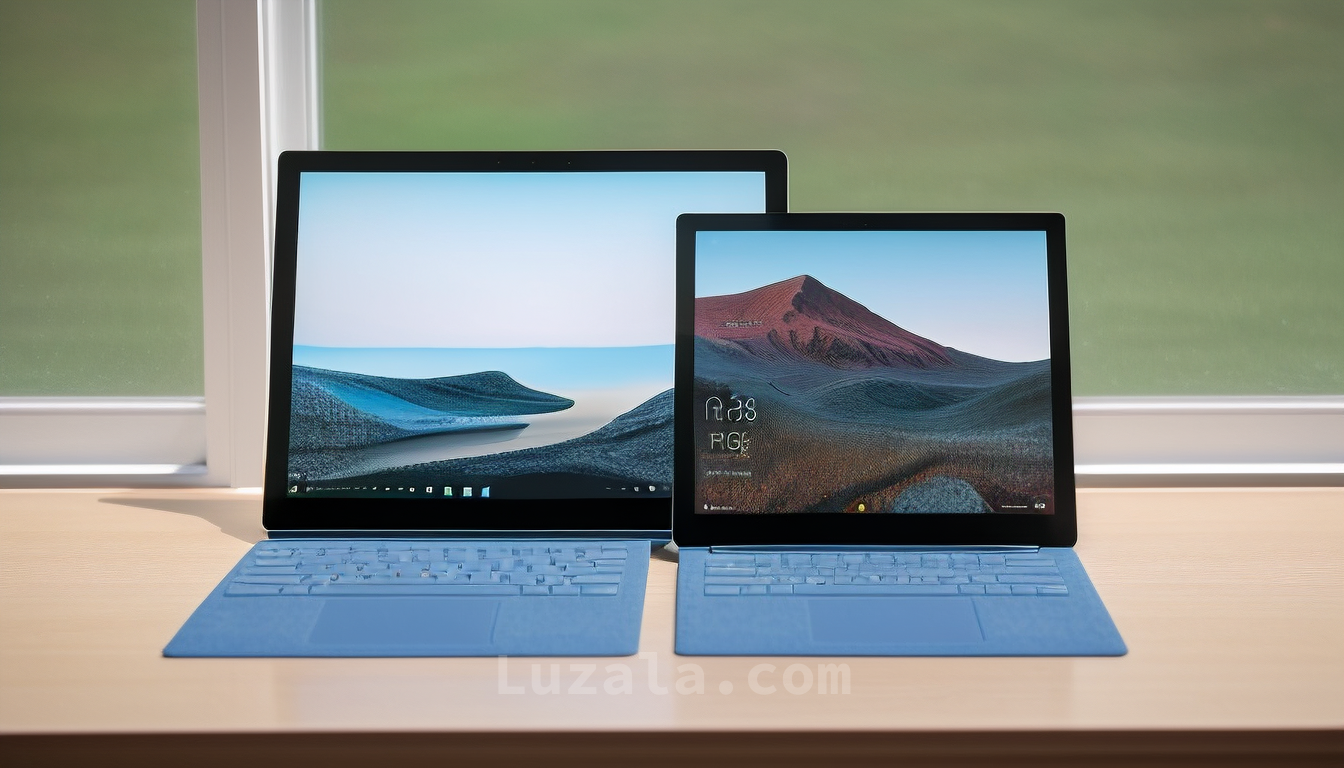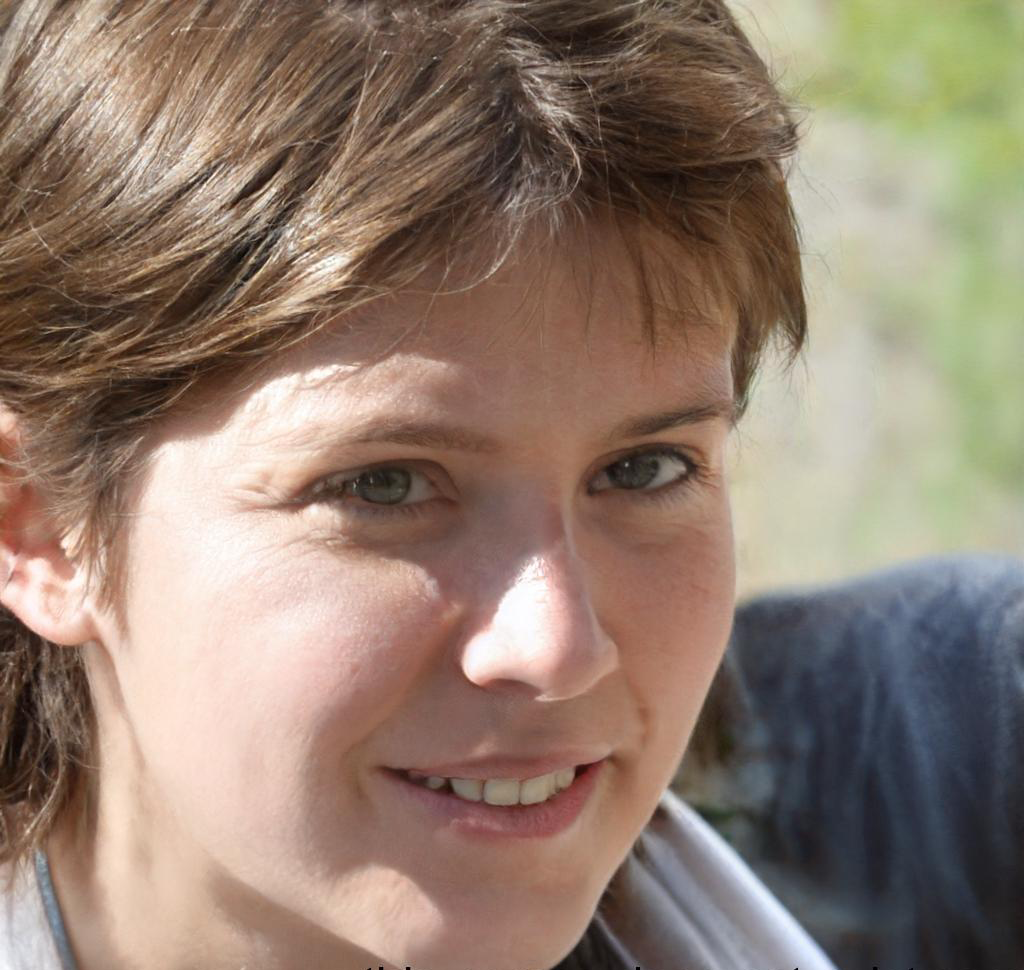SEC Urged to Investigate Elon Musk Over Neuralink's Monkey Experiments
PCRM urges SEC to investigate Elon Musk for allegedly false claims about Neuralinks monkey experiments. Allegations include animal suffering and fraudulent statements. Musks history of legal issues noted.
The Physicians Committee for Responsible Medicine (PCRM), a non-profit organization dedicated to promoting ethical scientific research, has formally requested that the Securities and Exchange Commission (SEC) investigate Elon Musk's recent assertion regarding the safety of Neuralink's brain chip implant. The group alleges that Musk may be involved in securities fraud due to a statement he made on the social media platform X (formerly Twitter) on September 10.
Elon Musk, co-founder of Neuralink, made the controversial claim in response to a user's question, stating that "no monkey has died as a result of a Neuralink implant." This statement pertained to Neuralink's ambitious project to develop brain-chip technology, designed to enable humans to connect with devices remotely. Musk added a clarification, albeit with a minor spelling error, stating that "First our early implants, to minimize risk to health monkeys, we chose terminal moneys (close to death already)."
PCRM has submitted a letter to the SEC, obtained by WIRED magazine, in which they assert that Musk knowingly made a false statement. This accusation follows previous complaints by PCRM against Neuralink for their conduct in animal experiments. Notably, PCRM obtained records from the University of California, Davis, where Neuralink conducted its experiments, which they claim reveal "extreme suffering" endured by the monkeys involved in the trials due to inadequate animal care and invasive head implant procedures.
The documents and research notes from the university's California National Primate Research Center, made available on PCRM's website, detail the health issues experienced by at least a dozen monkeys with implanted chips. These issues included infections, brain swelling, paralysis, seizures, loss of coordination, depression, and other adverse effects. The surgical procedures required for the experiments involved hours of surgery and the drilling of two "dime-sized" holes in the monkeys' heads to implant the device.
One disturbing observation noted in the documents was the behavior of a 6-year-old female rhesus macaque, referred to as "Animal 15," who exhibited signs of distress, such as "picking or even pulling at" the implants after surgery. Additional behaviors included "head pressing," loss of balance, and coordination. Tragically, in March 2019, Animal 15 was euthanized due to a "cranial implant infection."
As of now, neither Neuralink nor PCRM has responded to requests for comments on the matter.
In their letter to the SEC, PCRM also challenged Musk's claim that the monkeys used in the testing were "close to death." They pointed out that the health records of the rhesus macaques indicated that they often live for around 25 years in captivity. The average age of the monkeys that perished during Neuralink's research was reported to be 7.25 years, further undermining Musk's assertion. An anonymous former Neuralink employee interviewed by WIRED magazine labeled Musk's claim as "ridiculous" and possibly a "straight fabrication," asserting that behavioral training with the monkeys took up to a year before the experiments could even begin.
When contacted for a statement, Andy Fell, a spokesperson for the University of California, Davis, declined to provide additional information beyond the school's previous statement issued in the past year. The statement affirmed that UC Davis had a research collaboration with Neuralink until 2020 and that the research protocols underwent thorough review and approval by the Institutional Animal Care and Use Committee (IACUC). It also highlighted UC Davis staff's provision of veterinary care and monitoring of experimental animals, with reported incidents being promptly addressed by the IACUC.
PCRM emphasized in their letter to the SEC that Elon Musk boasts over 157 million followers on X, highlighting the significant reach of his messages and their potential impact on the public perception of Neuralink and potential investors.
This is not Musk's first encounter with legal issues related to securities fraud. In 2018, he faced charges after tweeting about taking Tesla private at $420 a share, resulting in a $40 million fine and his resignation as Tesla's chairman. In a separate class action lawsuit, Musk was ultimately not found liable for misleading investors through his social media posts.
Download your fonts:
Easy People Font - Free Download
Spring Fun Vibes Font - Free Download
Late Vaping Font - Free Download
Simple Lucky Font - Free Download
Karlys Alt Font - Free Download
Hundrighting Font - Free Download
Rolling Dices Font - Free Download















Comments